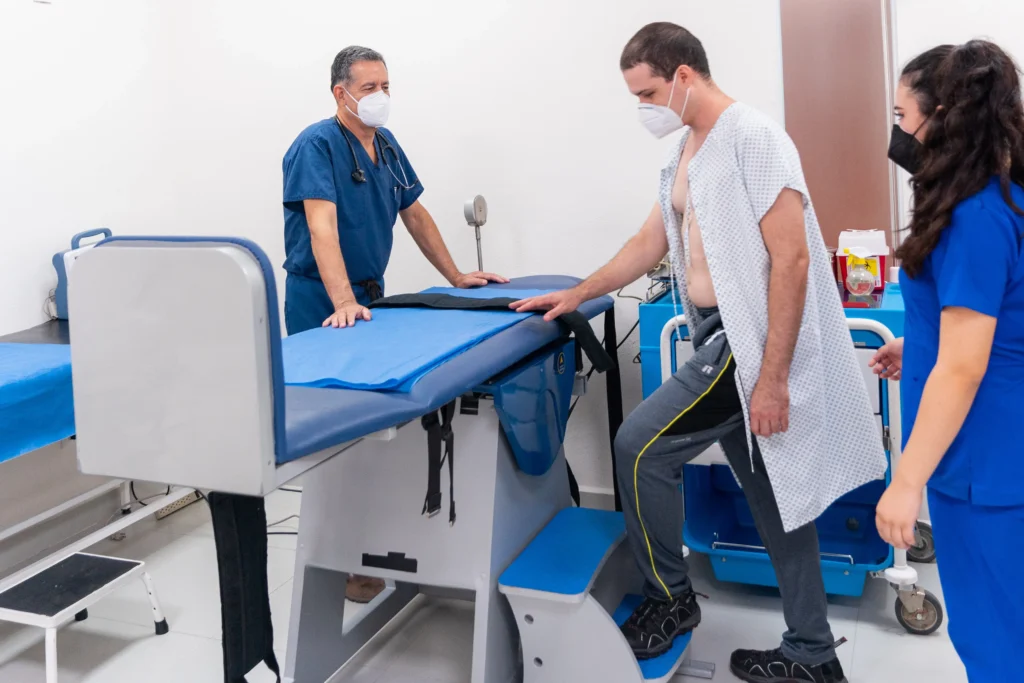Strengthening Campus Safety: Sexual Assault Prevention Programs on College Campuses
Share your love
Sexual Assault Prevention Programs on College Campuses are Crucial
College campuses are meant to be a safe space for learning, growth, and personal development. However, the harsh reality is that they are not immune to the pressing issue of sexual assault. To address this grave concern, colleges and universities across the United States have implemented Sexual Assault Prevention Programs on their campuses. In this article, we’ll delve into the importance of these programs, what they entail, and their impact on the safety and well-being of students.
Understanding the Issue
Before we explore the preventive measures, it’s essential to grasp the scope of the problem. Sexual assault on college campuses is an alarming issue that affects thousands of students each year. According to a study by the Department of Justice, one in five women and one in 16 men are sexually assaulted while in college. This statistic is a sobering reminder of the urgency to address this issue effectively.
The Role of Sexual Assault Prevention Programs
Sexual Assault Prevention Programs on college campuses are comprehensive initiatives designed to educate, raise awareness, and foster a culture of consent and respect among students. Here’s how they contribute to a safer campus environment:
- Education and Awareness: These programs provide students with knowledge about what constitutes sexual assault, consent, and healthy relationships. Workshops, seminars, and awareness campaigns help dispel myths and clarify misconceptions.
- Bystander Intervention: Many programs teach students how to recognize potentially dangerous situations and intervene safely. Encouraging students to be active bystanders can prevent assaults from occurring.
- Support Services: Sexual Assault Prevention Programs often include information about available support services on campus and in the community. Victims are encouraged to seek help and are made aware of confidential resources.
- Policy Implementation: These programs work alongside colleges and universities to ensure that clear and effective policies are in place for reporting, investigating, and adjudicating cases of sexual assault.
- Community Building: Building a campus culture based on respect and consent is vital. These programs promote dialogue, inclusivity, and cooperation among students, faculty, and staff.
Success Stories and Impact
The effectiveness of Sexual Assault Prevention Programs is evident in the positive changes they bring to college campuses. Here are a few examples:
- Reduced Incidents: Colleges that have implemented these programs report a decline in the number of reported sexual assaults. Students are more aware and better equipped to prevent such incidents.
Empowered Survivors: Programs also focus on empowering survivors by providing them with the tools to heal and seek justice if they choose to do so. This support is invaluable in the recovery process.
- Cultural Shift: The broader impact is the transformation of campus culture. These programs promote respect and consent as the norm, reducing the tolerance for inappropriate behavior.
- Increased Reporting: When students are aware of the available resources and feel confident in their institution’s response, they are more likely to report incidents, ensuring that perpetrators are held accountable.
Challenges and Ongoing Efforts
While Sexual Assault Prevention Programs have made significant strides, challenges remain. Some of these challenges include funding constraints, resistance to change, and the need for continuous improvement and adaptation. Campuses are continually refining their programs to address the evolving needs of students and the ever-changing landscape of sexual assault prevention.
Conclusion
Sexual Assault Prevention Programs on college campuses are instrumental in creating a safer and more inclusive learning environment. They educate, empower, and bring about positive cultural changes that benefit not only students but also the entire campus community. As we move forward, it is essential for colleges and universities to prioritize these programs, ensuring that every student can pursue their education without fear.
In the battle against sexual assault, knowledge is power, and prevention is key. Together, we can make college campuses safer and inspire a brighter, more secure future for all.
RAINN (Rape, Abuse & Incest National Network): https://www.rainn.org/
RAINN is the largest anti-sexual violence organization in the United States. It provides resources, support, and a hotline for survivors of sexual assault. Including this link will give readers access to a valuable support network.
Know Your IX: https://knowyourix.org/
Know Your IX is an organization focused on empowering students to end sexual violence on college campuses. Their website offers information on Title IX rights, advocacy, and educational resources related to sexual assault prevention.
Read some more: Navigating Teen Therapy: 20 Essential Questions to Ask










